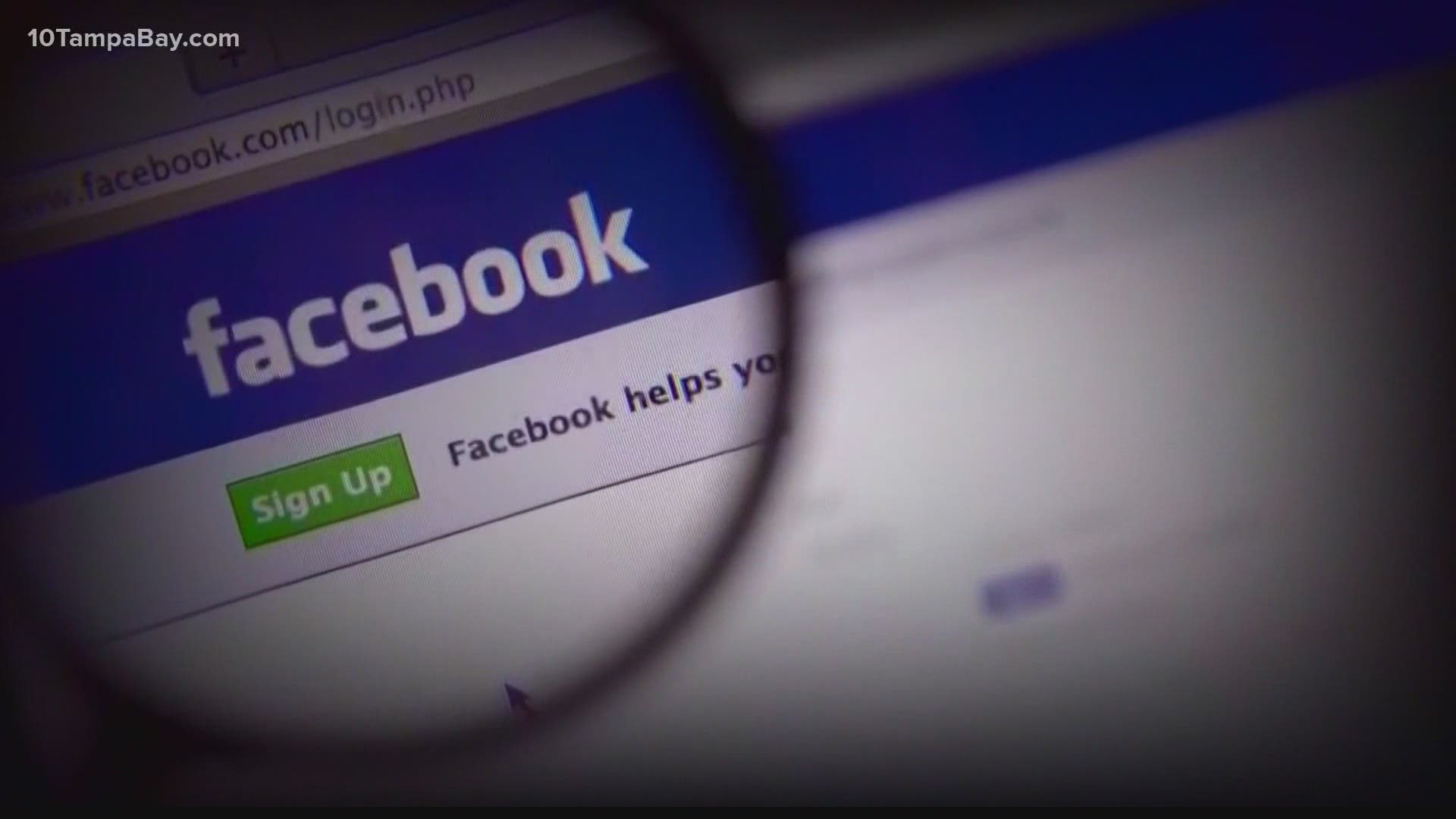TAMPA, Fla. — If you've been on social media at all lately, you've probably scrolled past something that just wasn't true.
It could've been something as innocent as a cleaning hack for your pots and pans that really won't work or something that could have a negative impact on your health if you were to follow that "advice."
Whatever your social media of choice is, there's a lot of misinformation out there. Why is it out there and why are your friends or family members sharing it anyway?
"Often when we think about misinformation we think about the content. We say, 'It's so clearly false, why would anyone believe that?' And the challenge is that we're all human, and when we're human we have these brains and they're less likely to kick in when we're frightened or when we have an emotional response," said Dr. Claire Wardle, the co-founder and U.S. director of First Draft.
First Draft is a project aimed at fighting mis- and disinformation online. Its goal is to provide "practical and ethical guidance in how to find, verify and publish content sourced from the social web."
So when we're in the middle of a global pandemic with so many unknowns and unprecedented political times, it's reasonable for the average person to be scared. Parents may be seeking information about whether or not it's safe to send their kids back to school, people want to know the risks of the new COVID-19 vaccines and whether or not democracy is protected.
"All of us, it doesn't matter how educated we are, it doesn't matter if we're from the left or the right. Our lives have been turned upside down, we're looking for explanations and the false information helps us feel better. It helps us explain," Wardle said. That's why you may see smart, reasonable people sharing an outlandish claim about how to protect yourself from COVID-19.
You'll see a lot of shared posts where the sharer has taken no steps to verify the information they're spreading.
"Often we see with rumors and we'll see at the top of the post someone say, 'I'm not sure if this is true...but I love you,' so they'll share because they think it's better to be safe than sorry, so, unfortunately, people are sharing things because they think it might help someone else," Wardle said. "A lot of this isn't malicious but if you see something, you might share because you think there's a tiny chance it could be true."
Misinformation spreads as a fear response because people are searching for answers. The best way to make you, your friends and your family are getting reliable answers is to do a little research before you hit that share button.
Turn to local sources. What someone may share about COVID-19 in another state may not be true in Florida. For health information, understand we're continuously learning more about the coronavirus as time passes, so read new updates from research universities, local health departments and the CDC.
For politics, don't turn to entertainment news programs, check multiple news sources to see if they all present the same information.
Some good fact-checking resources are First Draft, which will provide training courses on verification; Snopes, which debunks urban legends but also social media claims; and our own Verify team which answers your questions about things you may hear online.
- Former Florida coronavirus data worker says she plans to turn herself in to police
- WrestleMania 37 heading to Tampa in 2021
- Trump impeachment: Where Florida's 2 senators stand
- Gov. DeSantis activates Florida National Guard ahead of possible protests
- Experts say invasive pythons hold a key COVID-19 vaccine ingredient
- Inauguration Day 2021: What we know about the plans so far
►Breaking news and weather alerts: Get the free 10 Tampa Bay app
►Stay In the Know! Sign up now for the Brightside Blend Newsletter

